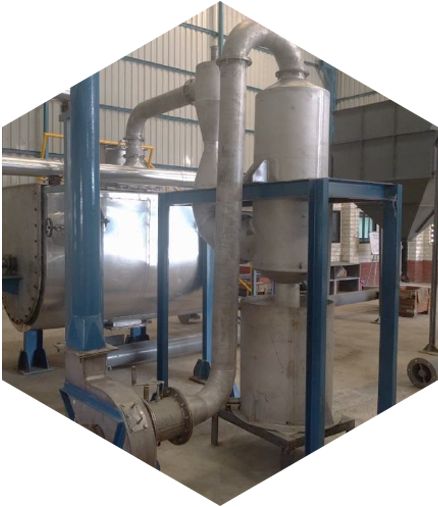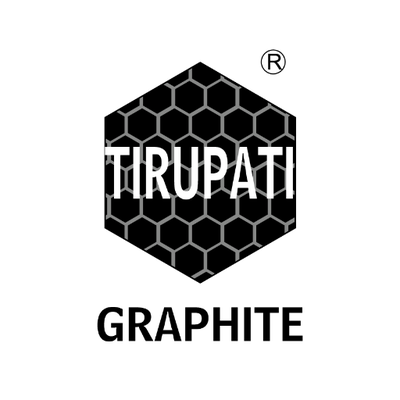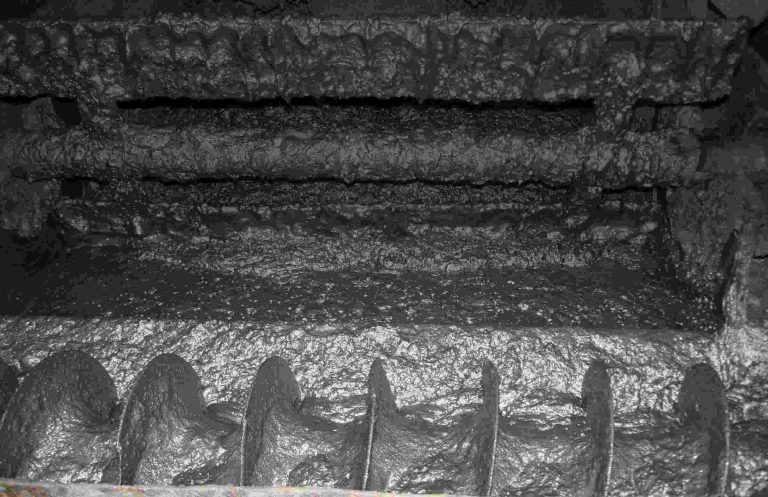Tirupati Graphite plc (LON:TGR), the fully integrated, revenue generating, specialist graphite producer and graphene and advanced materials developer, announced today that it has entered into a research collaboration agreement with the Department of Material Sciences and Engineering at Monash University, Victoria, Australia to develop commercial applications for a range of graphene products in raw and recycled polymer nanocomposites and dispersions.
Overview
· Research focussed on enhancing thermal, electrical, and mechanical properties of various polymers and preparation of dispersions for developing a range of commercial products:
o Graphene Dispersions: To achieve stable dispersion of Graphene Oxide and Reduced Graphene Oxide (‘GO’ and ‘rGO’) in liquids for use in a suite of applications like concrete, acoustics and composites;
o Conductive / High Strength Polymers: Optimising use of GO and rGO in polymers to enhance strength, thermal, electrical and other mechanical properties to manufacture new age plastics with potential use in acoustics, aerospace, defence, automotive, charge insulation and other applications;
o Graphene – Plastic Railway Sleepers: Development of a graphene-polymer composite using recycled plastic and GO for potential use in railway sleepers with Monash Institute of Railway Technology joining this activity;
o Smart Skin & Performance Coatings: Development of a smart skin (protecting and self-healing coating) and performance coatings using GO and rGO for use as anti-corrosive coatings on structural steel, marine, defence applications and more; and
o Recyclability: Assessment of recyclability cycles of these graphene-polymer composites for ability to utilise recycled polymers.
· The research will further the previous findings from research conducted by Tirupati adviser, Dr. Matthieu Gresil, using rGO, which established substantial improvements in target polymer properties using rGO with formation of stable homogeneous composite
· The collaboration complements Tirupati’s internal research in advanced materials and composites utilising Monash’s extensive capabilities on polymer and plastic nanocomposites with targeted product development for applications in defence, transportation, and construction industries.
· The Company shall own all the intellectual property outcome from the collaboration with Monash retaining liberty for use in academic publication and further research purposes.
Shishir Poddar, CEO of Tirupati Graphite, said, “The evolution of new age materials to improve energy efficiency, reduce energy and materials consumption and increase the lifespan of conventional materials, is an important constituent for reducing emissions and mitigating climate risk. Accordingly, we are delighted to be working with Monash, which will enable us to add polymer nanocomposites to our new age materials portfolio, that we anticipate will have an extensive range of potential applications. With the creation of manufacturing capabilities for graphene products at a significant kilogram per day scale, we are pressing ahead with our agenda of its applications development and preparing to scale up graphene products manufacturing to industrial scale.
“The success of this research collaboration will further extend our product offering, which includes the entire gambit of primary flake and speciality graphite, graphene and advanced materials, and boost/diversify our revenue streams.”
Further Details
The Company has signed a 12-month research collaboration agreement with Monash to develop industrial products of graphene in polymers by enhancing thermal, electrical, and mechanical properties of thermoplastics, and thermosets for dispersions, performance coatings and smart skin applications using GO and rGO. Notably, the GO and rGO will be manufactured by the Company at its Graphene and Mintech Research Centre, which is focused on graphene manufacturing and applications development, advanced materials development and mineral processing technology development.
The research collaboration will target certain applications, for example graphene enhanced recycled plastic railway sleepers to improve their mechanical properties using recycled plastics; this particular application is in collaboration with the Monash Institute of Railway Technology. In addition, the research will target the development of smart coatings (i.e., protect, monitor, and heal) using vitrimers and other polymers for graphene enhanced corrosion protection, which has applications for marine and structural steel, defence and many others.
Graphene dispersions can be used as the raw input in multiple polymers and paints manufacturing, fast-tracking adoption of the Company’s graphene products in industrial polymer composites and paints for an array of applications across industries including acoustics, defence, transportation, aerospace, automotive and more. Furthermore, development of smart skins and coatings will help address markets where corrosion is a challenge by improving the longevity of materials such as structural steel.
Monash has extensive expertise and high-end facilities for fabrication and characterisation of nanocomposites, characterisation and quantification of corrosion, manufacturing and characterisation of vitrimers, polymers, structural health monitoring techniques, materials testing and characterisation facilities amongst others providing the capability to research and develop the target products from this collaboration.
Data from the tests carried out by Monash will be correlated with the electro-thermo-mechanical improvement of the nanocomposites to further optimise the manufacturing process of GO and rGO from the Company.
Under the terms of the research collaboration agreement, the Company will provide its zero-chemical GO and rGO, along with related technical support to the Monash research team, which shall undertake the following activities amongst others:
o Full thermal and mechanical characterisation;
o Differential scanning calorimetry (DSC) to measure Tg (heat capacity at glass transition) and heat capacitance;
o Thermogravimetric analysis (TGA) to determine the degradation temperature of the selected resins in order to avoid degradation during the manufacturing process;
o Dynamic mechanical analysis (DMA) to study their viscoelastic behaviours;
o Measurement of the electrical conductivity; and
o Standard tensile tests up to rupture.






































